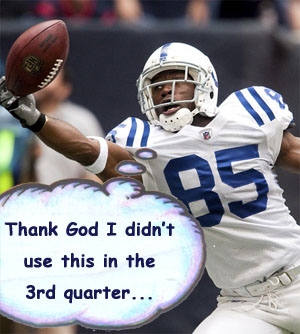TerraDave
5ever, or until 2024
One of the most influential RPG frameworks at present is PbtA. That was written by Vincent Baker. If you read the acknowledgements in the rulebook, you will see this (on p 287-88):
IMMEDIATE GAME INFLUENCES3:16, Gregor HuttonArs Magica, Lion RampantBacchanal, Paul CzegeThe Burning Wheel, Luke CraneThe Mountain Witch, Timothy KleinertMouse Guard, Luke CranePrimetime Adventures, Matt WilsonShadow of Yesterday, Clinton R. NixonSorcerer; Sorcerer’s Soul; Sex & Sorcery, Ron EdwardsSpione, Ron EdwardsTalislanta, Bard GamesTrollbabe, Ron EdwardsXXXXtreme Street Luge, Ben LehmanCharacter moves are based on secrets in The Shadow of Yesterday, by Clinton R. Nixon. Highlighted stats work verymuch like keys in the same.Highlighted stats also follow fan mail in Primetime Adventures, by Matt Wilson.Hx is based on trust in The Mountain Witch, by Timothy Kleinart.Stakes questions are based on stakes in Trollbabe, by Ron Edwards.Threat countdowns are based on bangs in Sorcerer, by Ron Edwards.Holding creation (et al) is based on covenant creation in Ars Magica (2nd Edition), by Lion Rampant.The character sex moves were inspired by Sex & Sorcerer, by Ron Edwards.The character playbooks were inspired by XXXXtreme Street Luge, by Ben Lehman.“Tell them the possible consequences and ask” and “offer an opportunity, with or without a cost” are based partly on “Taxi Service on Al Amarja” by Jonathan Tweet.The entire game design follows from “Narrativism: Story Now” by Ron Edwards.
I think the Forge has been extremely influential in RPG design.
So PBtA is an example of Forge influence, and directly of Edwards. It certainly seemed the best fit.
Its another branch of RPGs. It clearly influences a lot of designers, but is not part of the mainstream. Traditional gamey games like D&D, versions of D&D, and CoC obviously remain dominant.
I guess a game like Alien could be seen as drawing from the mainstream and a more narrativist approach. Though its my understanding that it really works in the simulationist sense.
But 4E is big G game. For better or worse, its all about the G.



